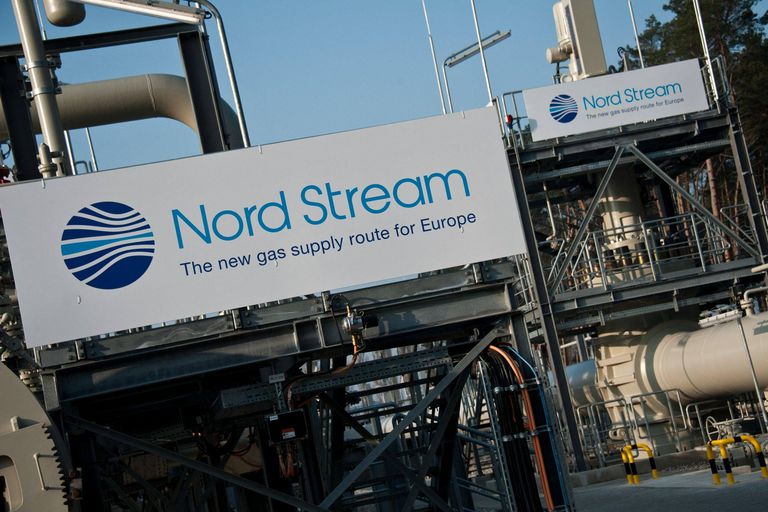When the Dutch TTF gas futures market (Europe's primary gas exchange) opened on Monday 5 September, the price of gas rose by around a third, driven by the decision of state-run Russian gas monopoly Gazprom to indefinitely halt deliveries through the Nord Stream 1 pipeline.
Gazprom had previously justified its decision with technical problems. The latest turnoff, it claims, is due to an oil leak in one of the pipeline’s compressor stations.
Gazprom regularly blames low gas volumes on technical issues but experts call into question these claims. European leaders view Russia’s shut-off of the Nord Stream pipeline as a deliberate attempt to put political pressure on EU Member States. German Energy Minister Robert Habeck has directly accused the Kremlin of using gas “as a weapon” against Europe.
The gas chokehold
According to an analyst at UK investment bank Liberum Capital, any halt in Russian gas supplies to Europe would push the German economy, as well as that of the Eurozone, into an immediate recession. When European stock markets open on Monday, investors are expecting steep losses as companies agonise over energy disruption.
The price of gas was around 26% higher on Monday morning, peaking at €268 per megawatt hour. Last week, gas prices had fallen by almost 40%. Gas traders believe that it is unlikely that Russia will resume gas deliveries through the Nord Stream pipeline.
Related News
- Gas pipeline Nord Stream 1 to remain closed indefinitely due to ‘oil leak’
- Belgium in Brief: The Consultative Committee saves the day? Well, not quite
- Russia wants to send gas to Europe via alternative route after Nord Stream 1 blockage
Currently, Russia ships gas to the EU through Ukraine and the Yamal pipeline. These pipelines are liable to be disrupted by fighting or turned off by Russian forces, as the supplies are also not enough to compensate for the shut-off of the Nord Stream pipeline.
Gazprom has reduced supplies through all its major routes, except to Russia-friendly Serbia and Hungary, who receive supplies through the Turkstream pipeline.
European nations are now scrambling to create economic buffers to protect households and businesses. Germany announced on 4 September that it would set aside more than €65 billion in additional support measures.
In Belgium, Prime Minister Alexander De Croo is soon set to meet with the country’s minister-presidents to discuss new measures to help avoid economic disruption as a result of inflation and high energy prices.

